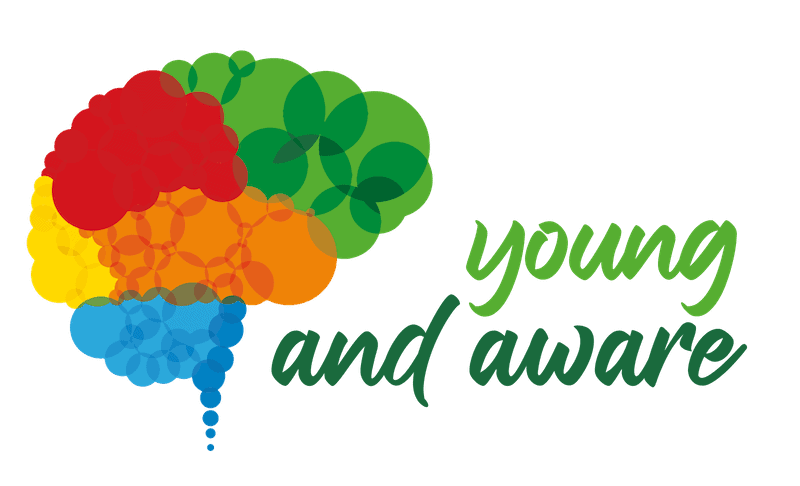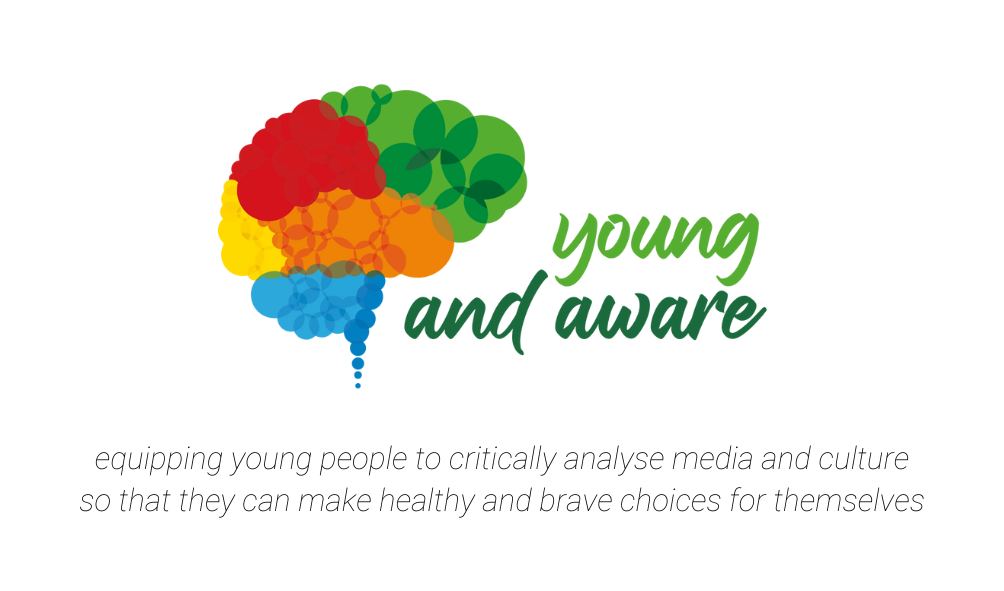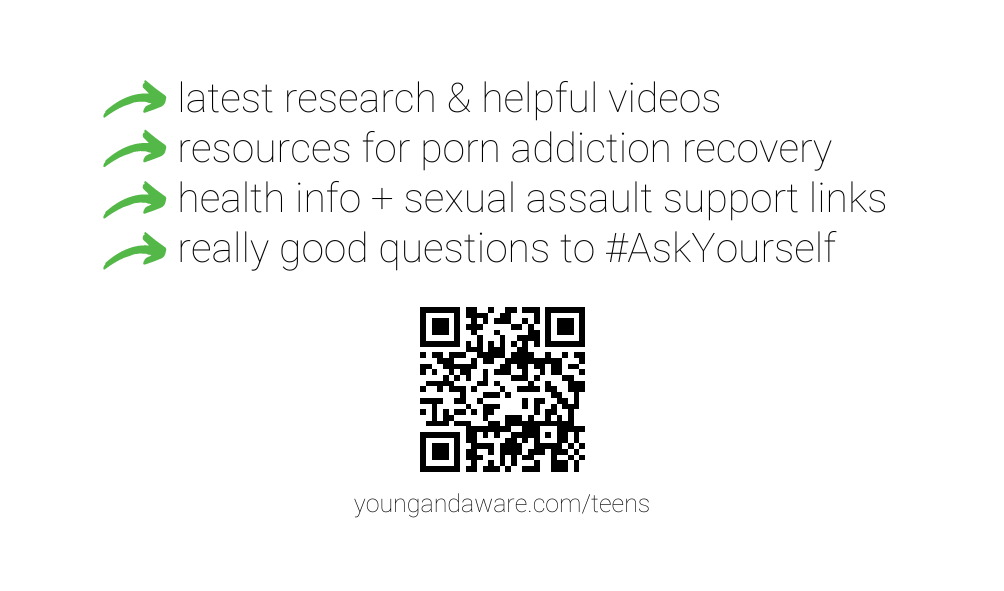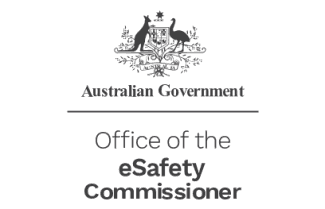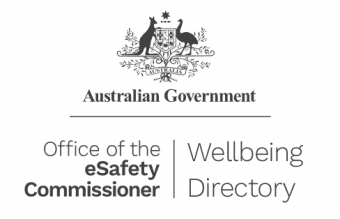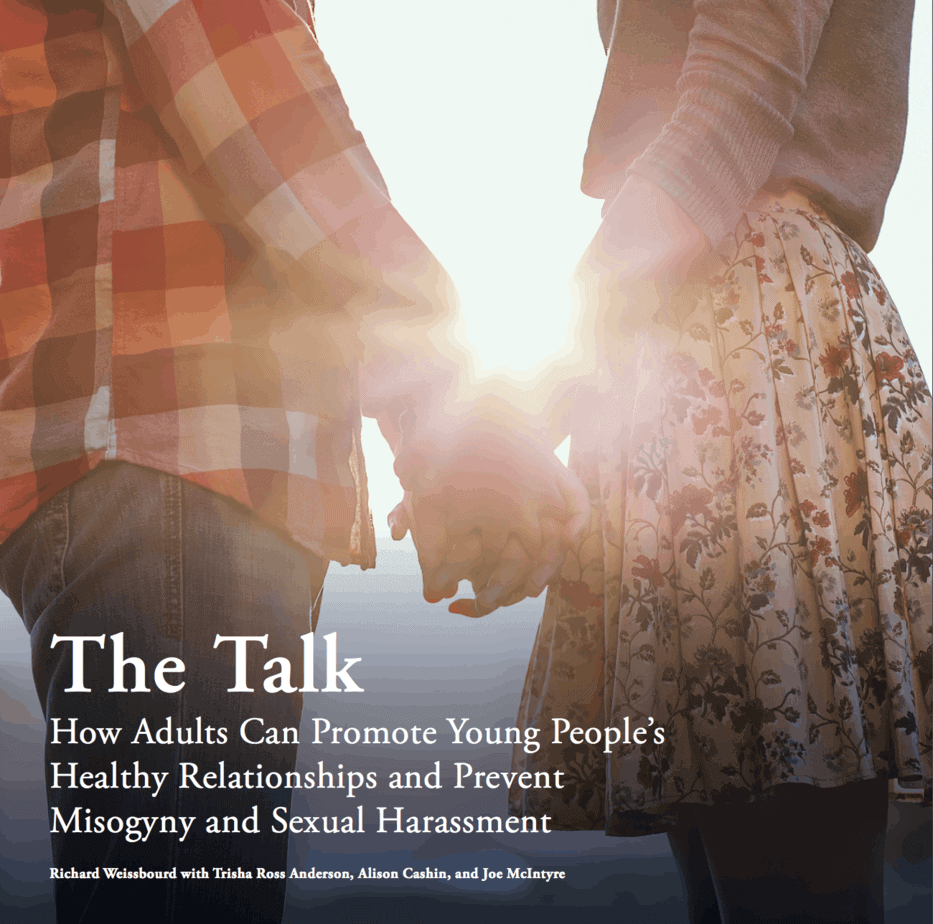Teacher Support for Young and Aware Presentations
Teacher support is provided for secondary schools hosting a Young and Aware presentation–welcome to the growing number of schools engaging our services! Our presentations support youth in making informed decisions on navigating the hypersexualised culture safely and confidently. We do this by adopting a Critical Porn Analysis approach, which moves beyond ‘porn literacy’ to critique its effect on individuals’ safety, health and wellbeing, relationships, families, communities, and cultures.
- Student presentations are usually delivered as 60-70 minutes sessions (or 30-minute presentations for an introductory assembly). Delivery is suitable for large cohorts, classroom group sizes, or smaller workshop-style workshops with as few as ten young people with behavioural support needs.
- Our highly experienced and dynamic facilitators deliver our presentations and provide a stimulating and thought-provoking environment.
- Many of our schools opt for 3x 70-minute targeted student workshops.
The essential thing to remember is that one session to address pornography is not enough. Young people need an opportunity to think critically about the impacts of porn culture and the qualities of healthy relationships. We encourage you to share this teacher support information with all staff involved in the year levels participating in Young and Aware presentations.
As we work with your school or youth-focussed organisation, we hope that your team will become more adept at having these essential conversations regularly. This webpage provides pre-session preparation for staff and post-session discussion ideas with follow-up questions and activities for teachers to implement revision and inspire further discussions. In addition, please take advantage of the extensive resources provided on our websites. Here are some of our favourite links:
Please contact us if you would like follow-up information or support.
Schools that provide pre-approval will receive a small business card for students. This card displays a QR code for a web page that includes links and resources.
Pre-session Preparation
Pornography has now become the main sex educator for a vast number of youth. To provide an idea of the statistical likelihood of young people being in some way, influenced by pornography, an Australian study published in 2017 found that 69% of boys and 23% of girls have seen pornography by age 13 or younger. This same study found that in the 15-29-year-old age bracket, 84% of young men and 19% of young women watched pornography on a weekly or daily basis. Due to the hardcore, most often violent nature of pornography, youth consumption is resulting in a significant number of harms to their physical and mental health, wellbeing and relationships.
Teens who are regularly accessing pornography can do so at the click of a button as often as they seek it out. In addition, youth are regularly absorbing hypersexualised media messages via digital technology platforms, social media, gaming, music videos, movies, and more. We cannot expect young people to receive enough information to counteract hypersexualised culture from one or even numerous school presentations. As such, it is important that they have regular opportunities to critique the stories that pornography tells them, and ensure they are provided with alternative and accurate information to assist them to resist pornified messages and develop their own pathways for authentic sexual development. So young people can be fully supported, it is vitally important for teachers, parents and carers to be fully informed. Parents can be directed to Culture Reframed and the Office of the eSafety Commissioner – relevant links can be found on the Follow-up Support Links Tab.
The following information is designed to equip staff to feel confident to discuss any questions that may arise during and after our visit, so that student learning and critique continues beyond the session(s) provided.
Teacher Preparation Prior to our Presentation
How do we talk about porn with students?
- Discuss porn culture from a critical analysis viewpoint, just as you would a written or visual text.
- Rather than discussing a specific pornographic film/visual, discuss porn culture and its impact on how young people think and feel. Porn culture includes hypersexualised advertising, ’sex-focused’ reality tv, sexualisation on social media and much more.
- How are these texts ‘positioning’ audiences to think, feel, and act?
- Discuss porn culture as a ‘sexual educator’. What is porn culture teaching us about sex and sexuality? Have the conversation as a class. Where do most people these days learn about sex? What are the advantages/dangers of this?
- Ask open-ended, non-judgmental questions using third-person language:
- What could someone do if they saw images or video footage that made them uncomfortable?
- Where could someone find support if…
- How may someone feel if…
Teaching sex ed in the age of porn
Culture Reframed provides a free Teaching Sex Ed in the Age of Porn program.
Aimed at teachers of tweens and teens, this enrichment program is for educators who wish to create, redesign, or enhance a sexual health curriculum to include the impact of porn on our individual and collective health and well-being.
This enrichment supports educators in bringing parents and administrators on board and guides the development of a curriculum that addresses the reality of students’ digital and relational lives. This enrichment is divided into two sections and provides strategies and suggestions for reimagining sex ed. Get started by enrolling for free.
Is free pornography destroying our brains?
This documentary was produced in New Zealand by TV3. Investigative journalist, Phil Vine, spoke to porn users and porn addicts, as well as a top international scientist and Youth Wellbeing Project Managing Director, Liz Walker, who says online porn can actually alter our brains.
Viewing this video is recommended for all teachers and wellbeing staff involved with students who attend our presentation(s); however, it is also applicable for other teachers and support staff throughout the school. The broader the understanding amongst the school community of pornography impacts, the more likely it is that consistent messages will be provided to students. Another potential outcome of all staff accessing this information is the possibility of cultivating a whole-school culture shift.
Other helpful links
- Culture Reframed: a complete best-practice toolkit to help parents raise porn-resilient kids. This program also provides excellent insight for teachers.
- Talk soon, talk often: A resource for parents that is also helpful and practical for teachers, carers and others in regular contact with children.
- Training by Young and Aware:
- We deliver Teachers and Leaders training to equip you to understand the impacts of pornography on child safety, mental health, sexual behaviours and child development; and empower you to take action by responding proactively and protectively.
- Online Video Training is also available for individuals and organisations.
- Please inquire about these training opportunities.
Further Discussion
Youth Wellbeing Project is pleased to be able to offer suggested discussion topics to continue conversations after the delivery of Youth Wellbeing Project presentations.
The article Fixers Investigates the trouble with… sex in schools may assist educators to prepare for these discussions.
Discussion Suggestion 1:
Video: Porn and Mental health facts (2.53 minutes)
Discussion Questions
A. Which of these facts did you find most surprising and why?
B. Which of these facts did you already know or assume?
Discussion Suggestion 2:
Video: Sex in Schools (3.34 minutes)
Video: The Porn Factor trailer (1.11 minutes)
Brainstorm: How might we begin to counteract porn culture? What kind of culture do we want to create? As a class, as a school, in our relationships and in our community?
Discussion Suggestion 3:
The Fight the New Drug website has some excellent videos and information for students. View the video explaining the impact of porn on relationships (Pornography Affects the Heart).
Have students explore the page unpacking “Sexual tastes are molded by an individual’s experiences and their culture…” –Norman Doidge, PhD and answer the following questions:
i. What issues might this shift in behaviours create for young men?
ii. What issues might this shift in behaviours create for young women?
iii. What issues might this shift in behaviours create for same-sex attracted or gender diverse?
Discussion Suggestion 4:
Talking Points
- What were the five signs you’re in a toxic relationship Matthew Hussey highlighted?
- Do you agree/disagree with these? Why/why not?
Discussion Suggestion 5:
Visit Fight the New Drug and explore the section on porn’s impact on broader society.
A. Watch the feature video for this section as a class, and then have students explore the statistics scrolling below the video.
B. What other negative impacts has porn culture had on our broader society? Which of these statistics and findings is most challenging or concerning for you?
Discussion Suggestion 6:
Video: Daughter’s First Time Scene (2.33 minutes)
Discussion Questions:
A. How does this scenario differ from the messages we learn about sex from porn?
B. Do you think your parents are aware of the impacts of porn? How can we improve conversations with them?
Brainstorm: How might we begin to counteract porn culture? What kind of culture do we want to create? As a class, as a school, in our relationships and in our community?
Follow-up Support Links
Office of the eSafety Commissioner
The Office of the eSafety Commissioner is an important resource to assist with helping all Australians have safe, positive experiences online.
- Report cyberbullying
If you are under 18 you can make a complaint about cyberbullying or online bullying. A child’s parent, legal guardian, or someone authorised by the child is also able to submit a cyberbullying complaint. - Report image-based abuse
If an intimate image has been shared, or someone is threatening to share it, without your consent, you can make a report no matter what your age. - Report offensive and illegal content
The Cyber Report team investigates complaints about offensive and illegal online content, including online child sexual abuse material. - Online pornography: a guide for parents and carers
This information covers:- How do kids find pornography online?- How can I protect my child?- What can I do if my child has found pornography online?
Kids Helpline
For ages 5–25, Kids Helpline provides free and confidential online and phone counselling 24 hours a day, seven days a week on 1800 55 1800.
Bravehearts
Turning Corners – A program initiative of Bravehearts that provides a comprehensive and integrated response to working with young people (12 years to under 18 years of age) who have or are at risk of engaging in harmful sexual behaviour. Turning Corners welcomes referrals from external support agencies, parents or self-referral by a young person. Learn more by watching this video.
eHeadspace
eHeadspace provides free online and telephone support and counselling to young people aged 12-25 and their families and friends. It’s available 9am – 1am (Melbourne time) 7 days a week for a 1-on-1 chat. It’s a confidential, free and safe space to talk about what’s happening.
